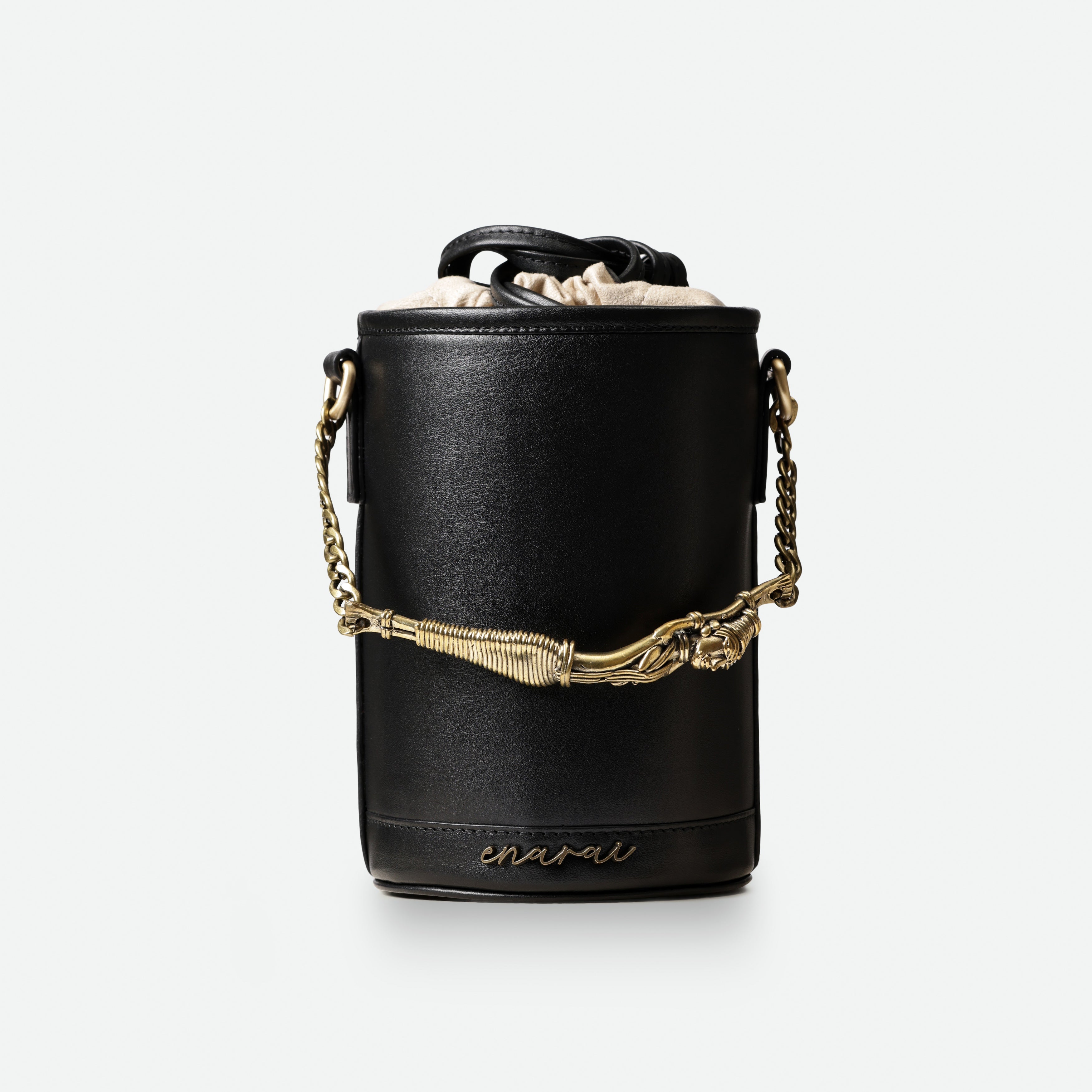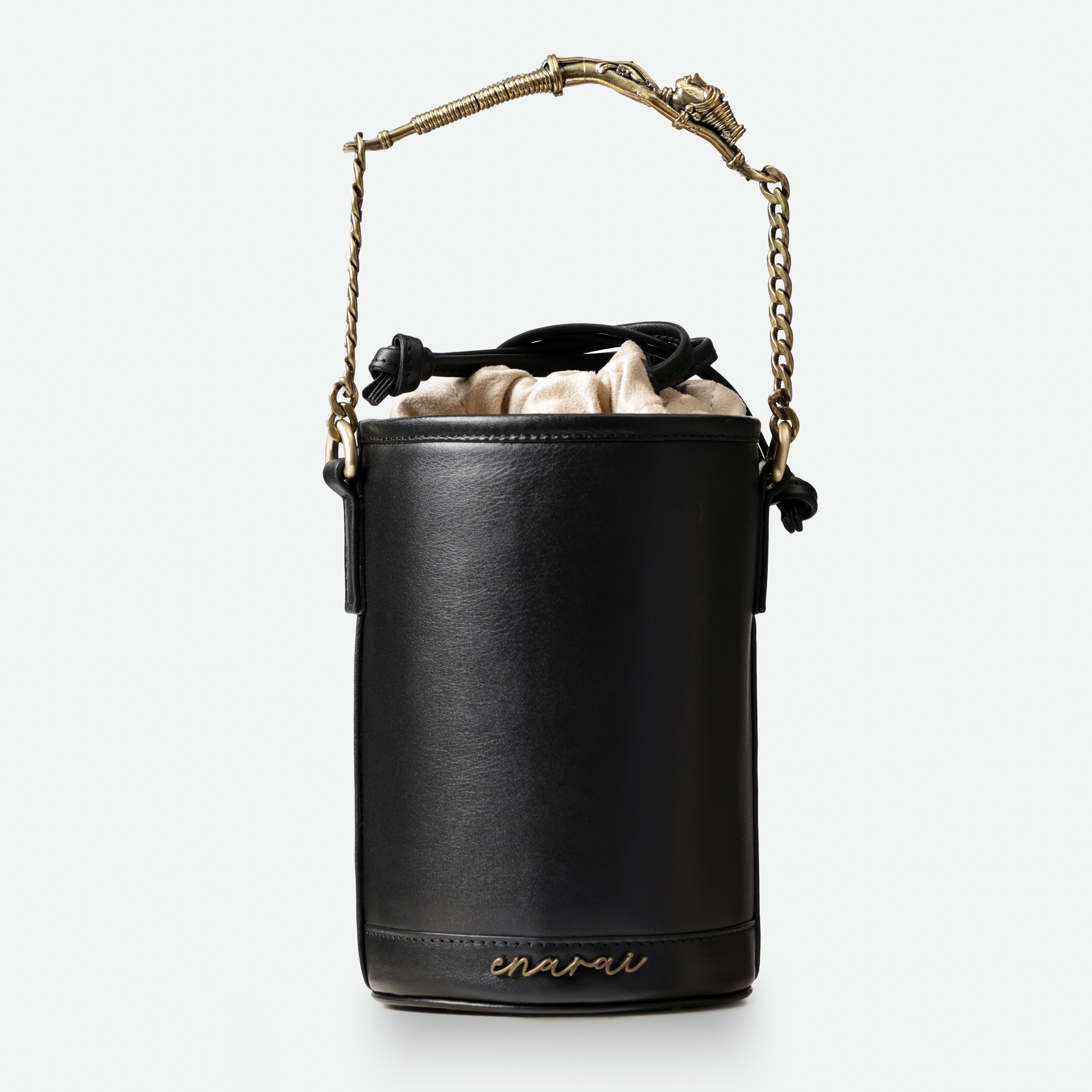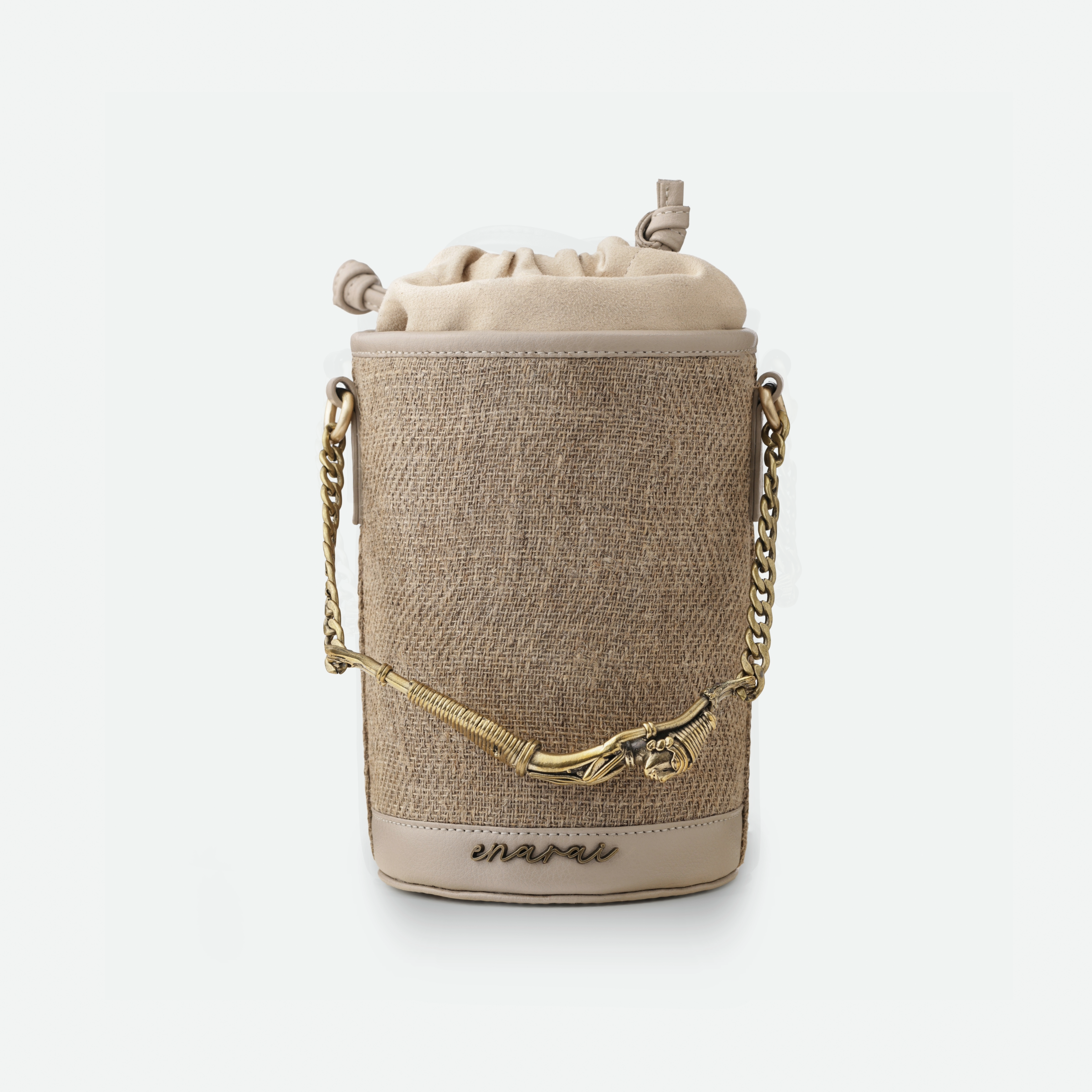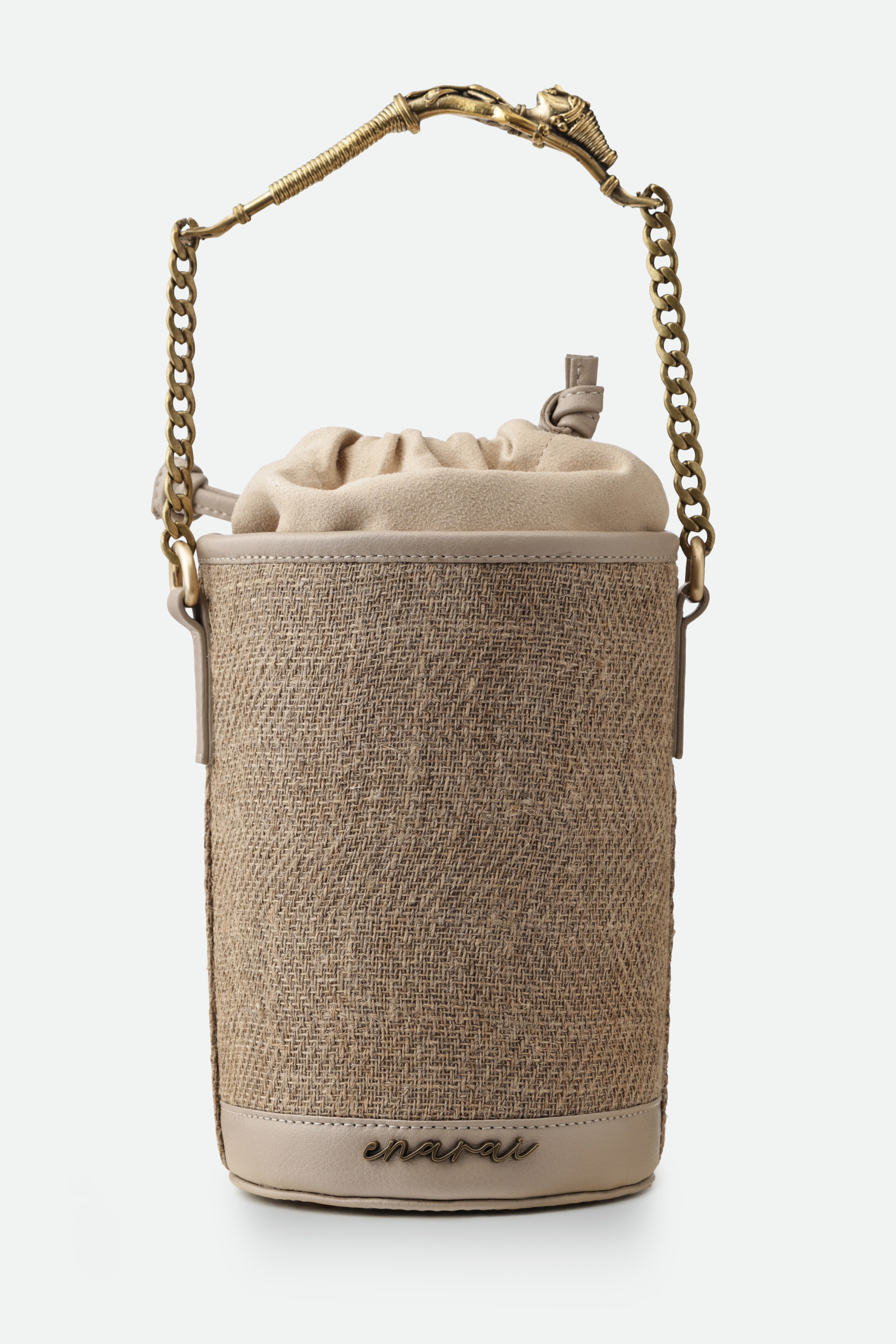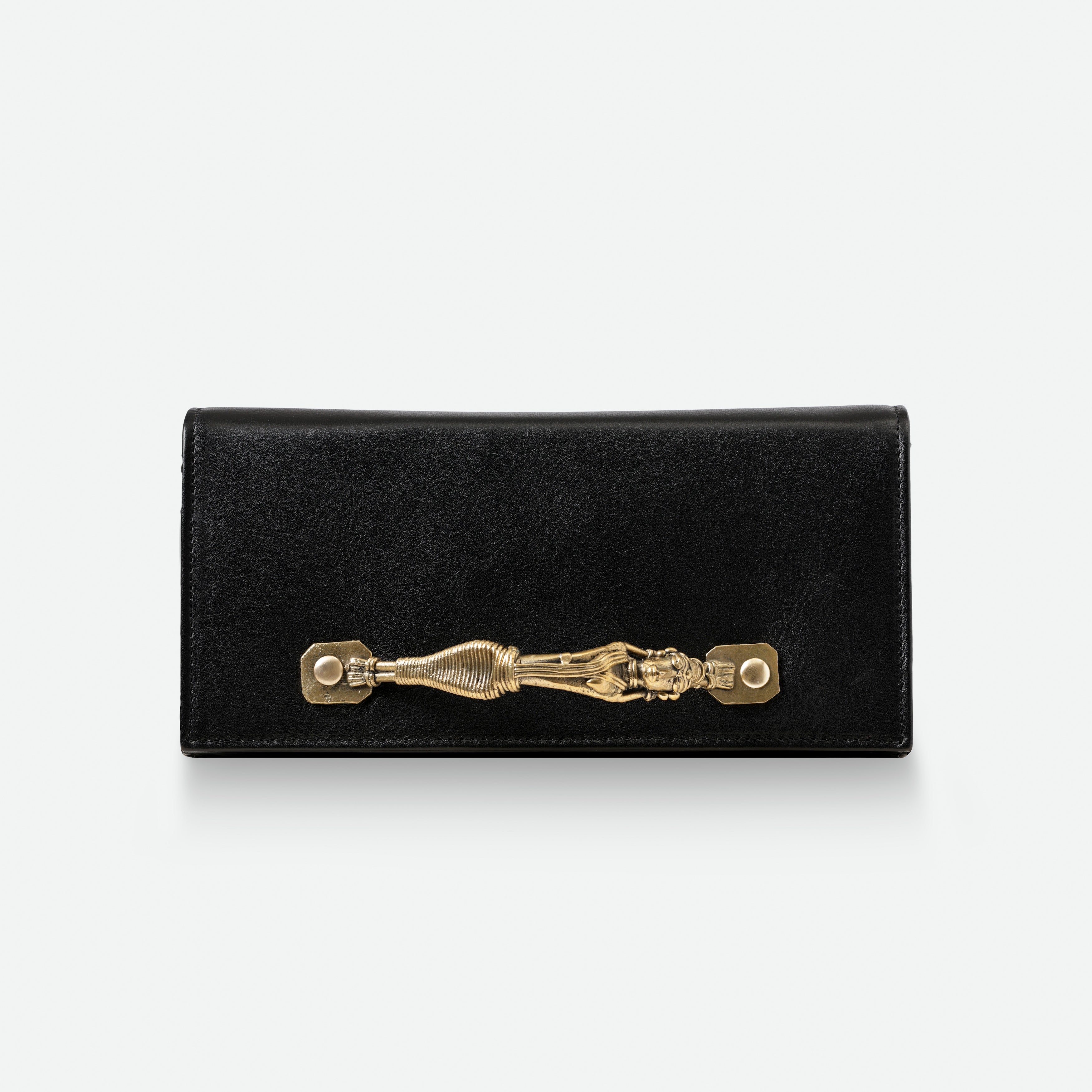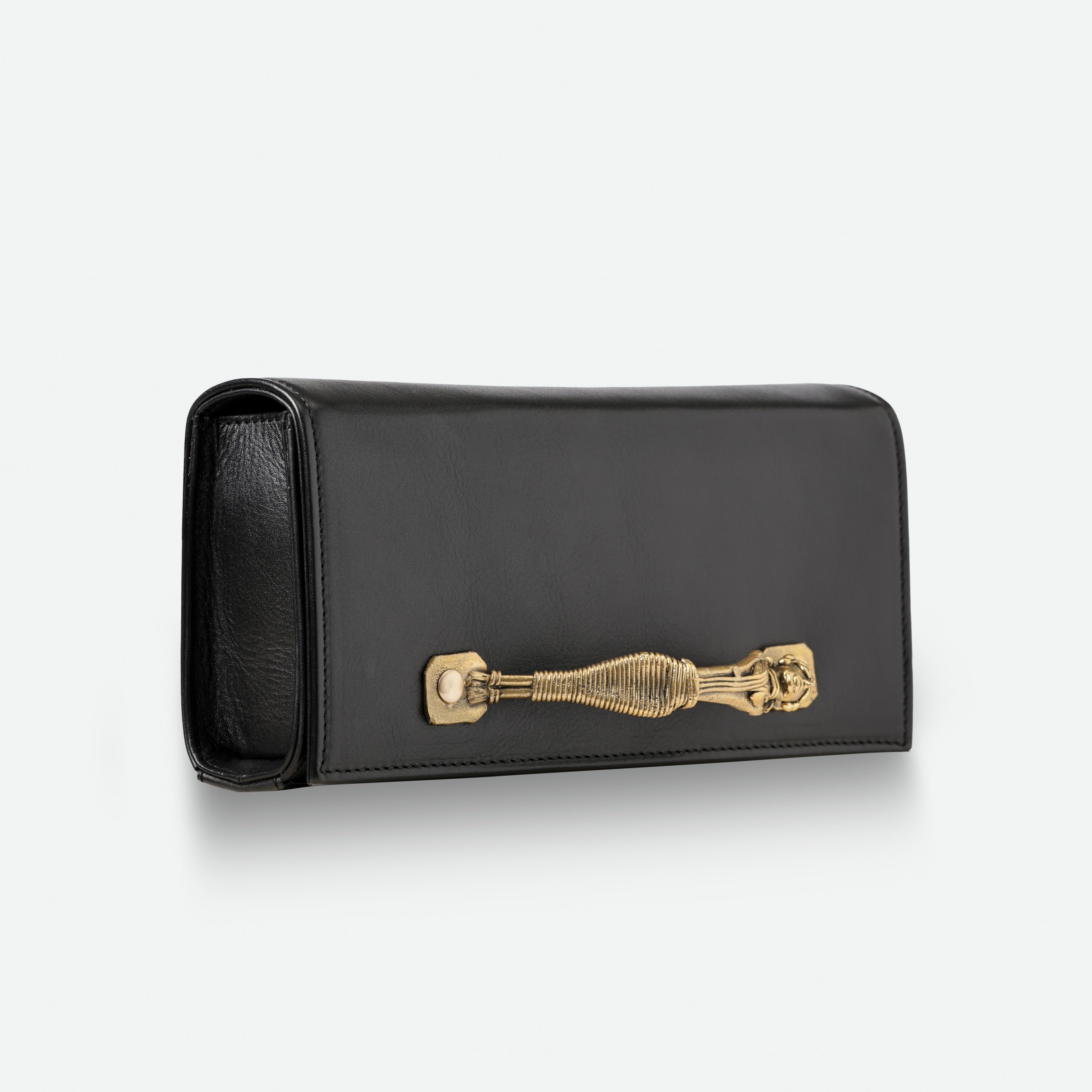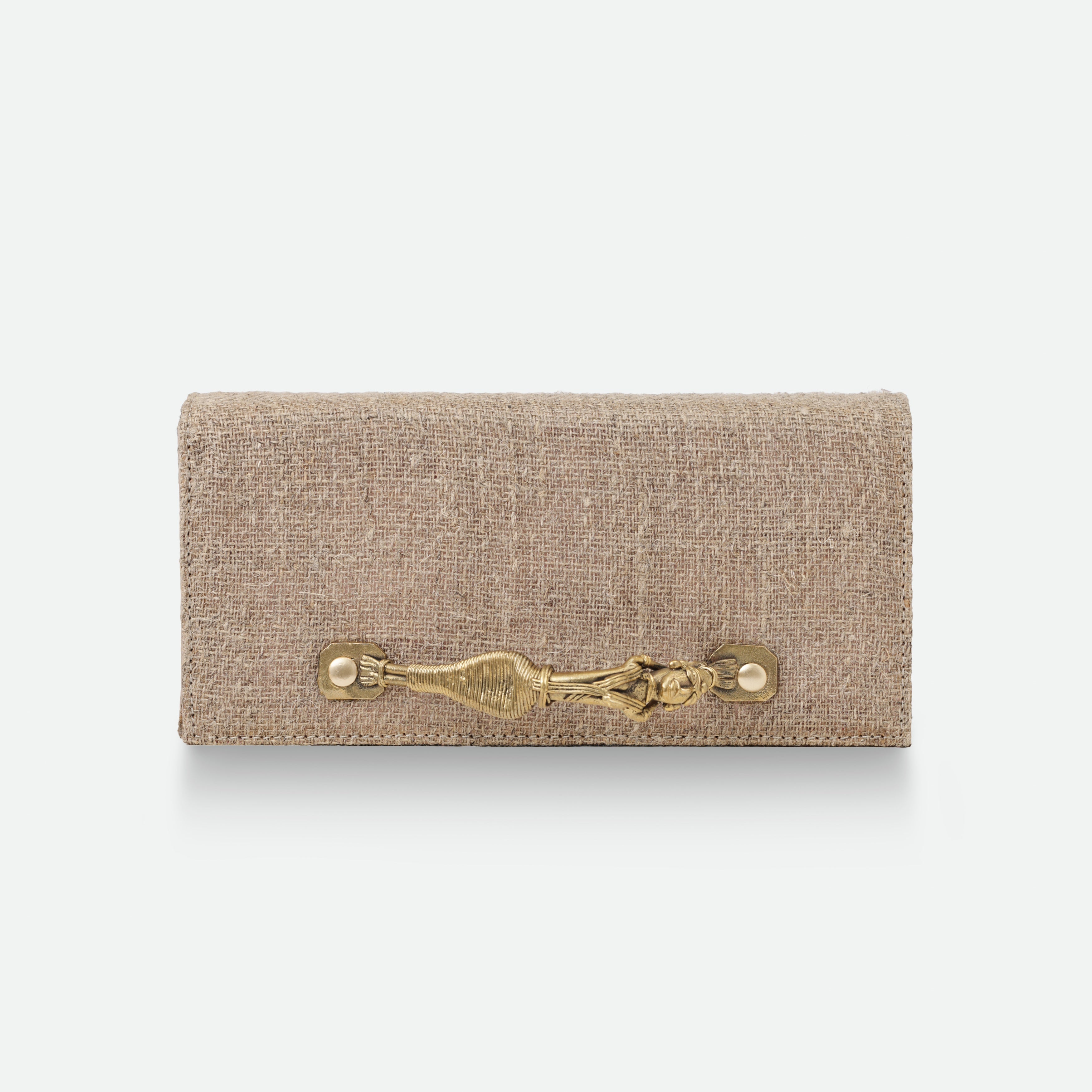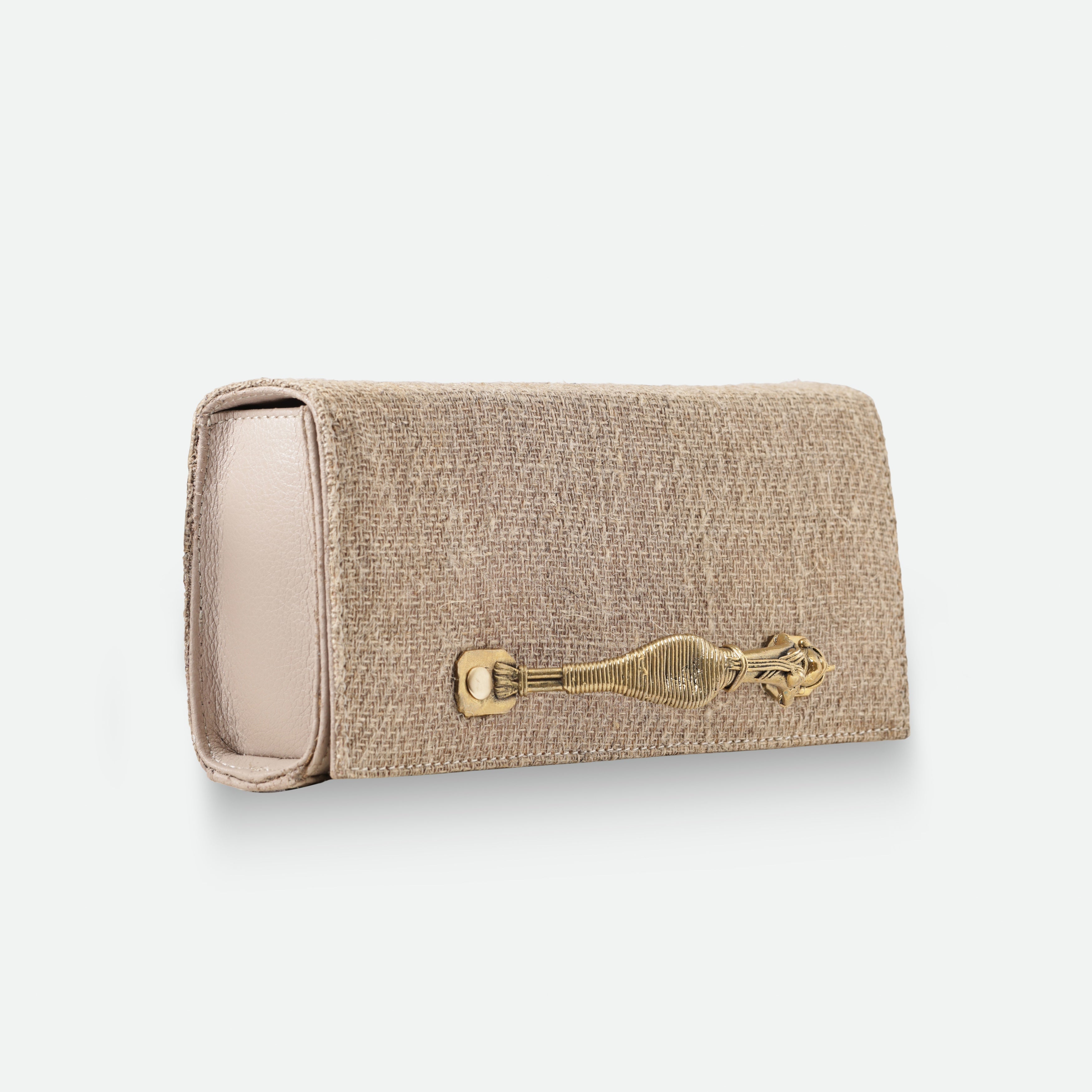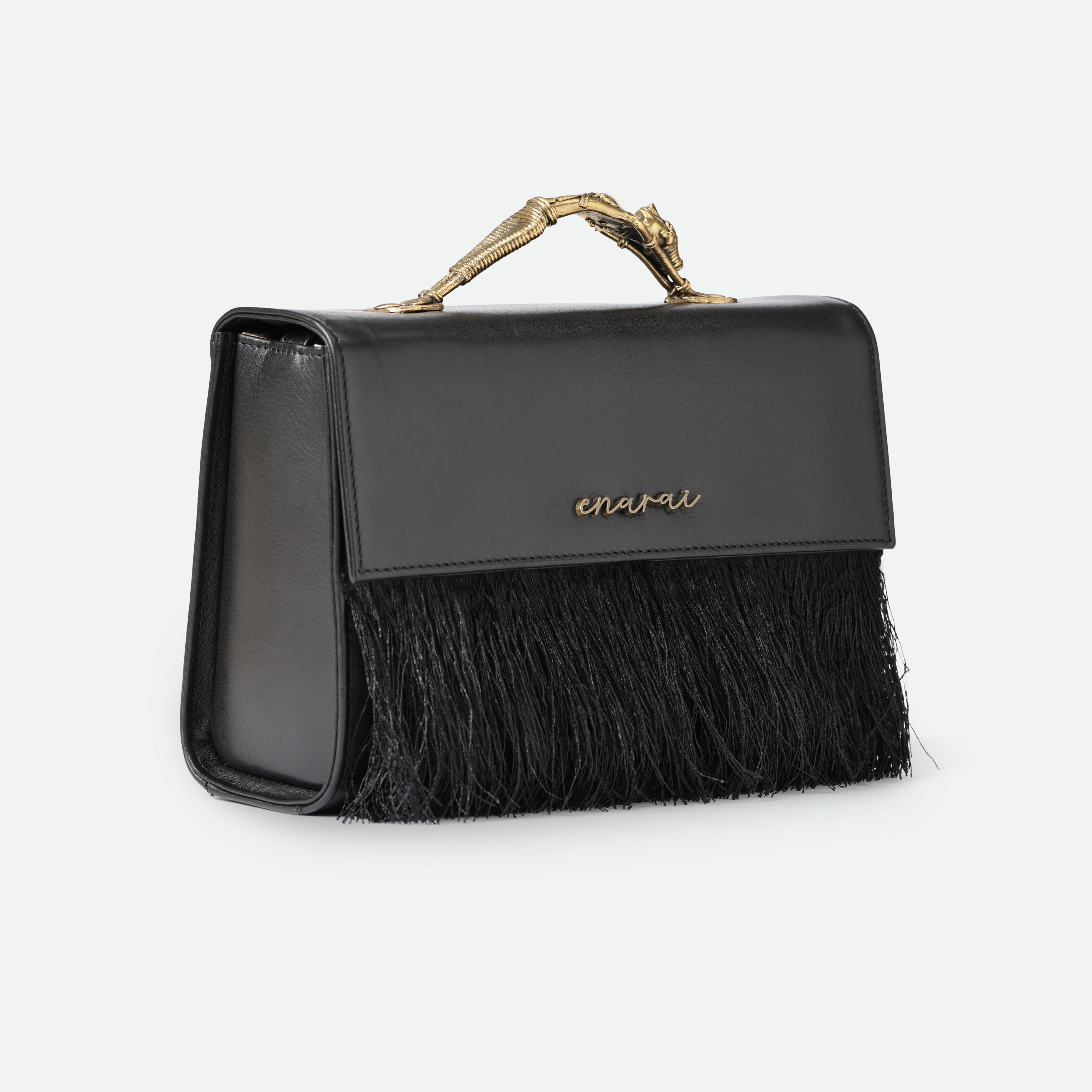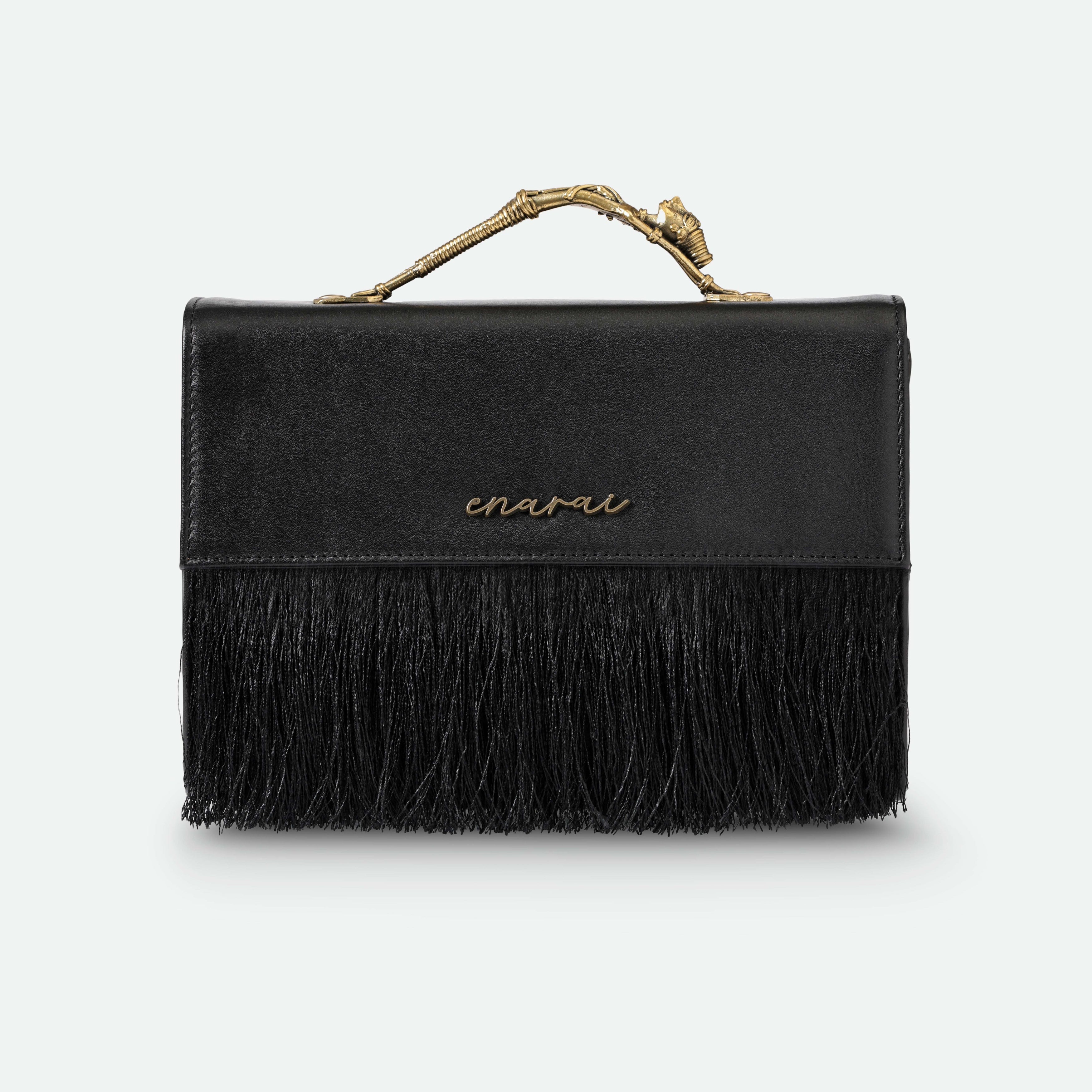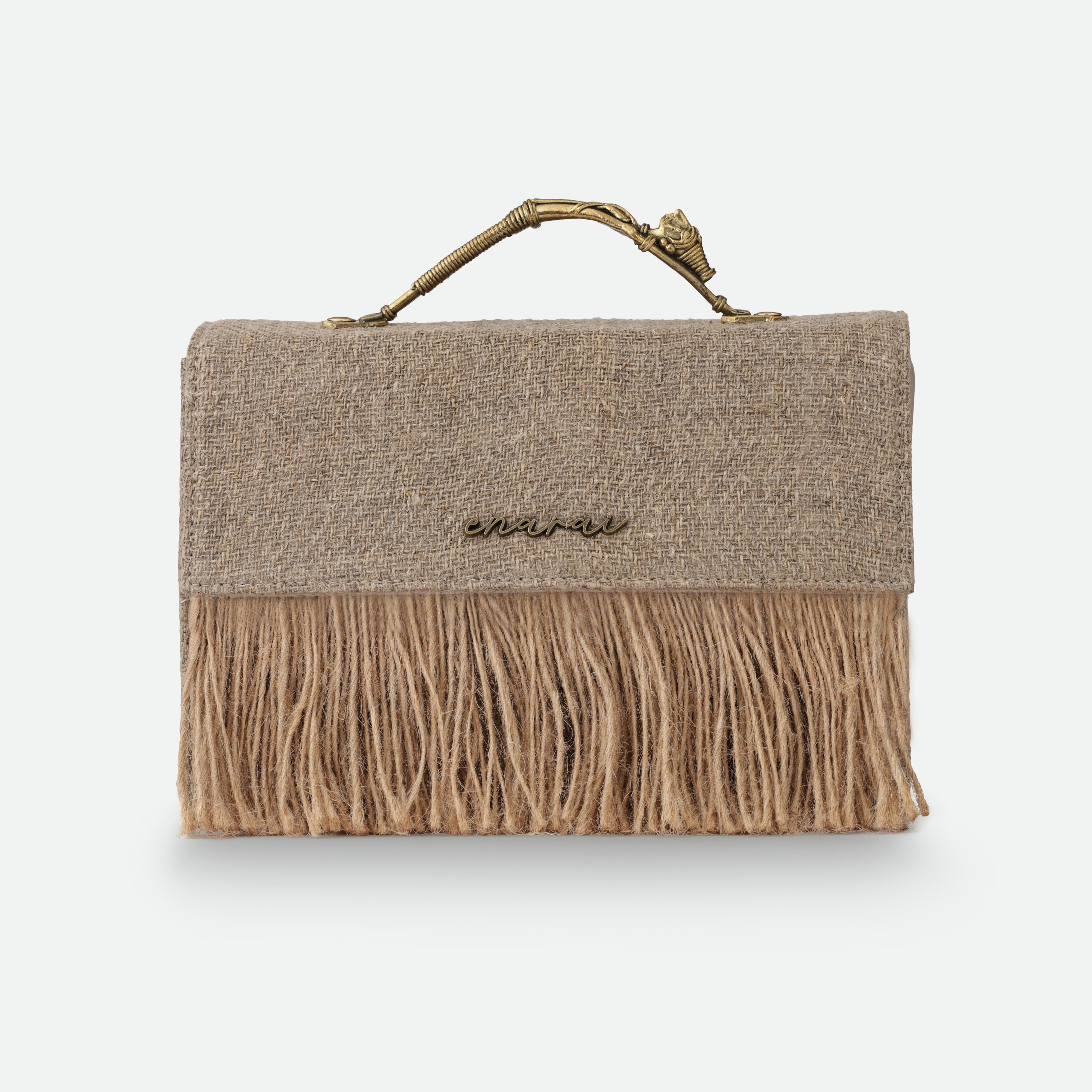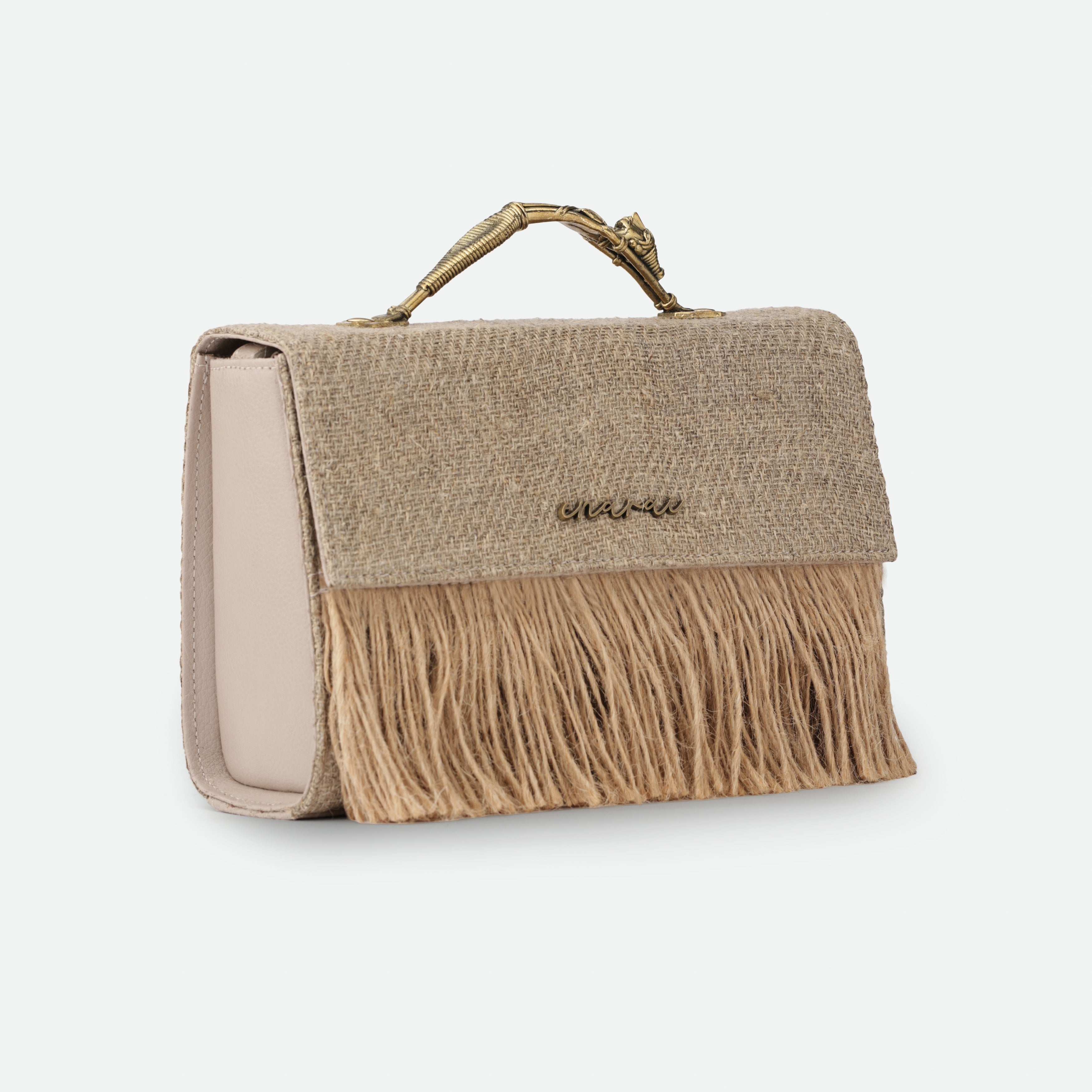the dokra collection: Season 1
A one-time Limited edition series crafted for global collectors
We use vegetable-tanned analine Indian cow leather.
Our leather is responsibly sourced from Leather Working Group certified tanneries.
Our leather is treated with non-toxic vegetable tannins (organic materials and natural tannins derived from the barks, leaves and branches of trees and plants). The natural fibers of the leather are visible in the finished product, lending an authenticity and personality to the leather. This allows the leather to breathe, evolve and gradually develop a unique patina over time.
Natural vegetable tanning takes up to a month and requires skilled manual labour as compared to chrome tanning which is mechanized, takes only one day, and ensures the leather always looks the exact same even after years of use.
LWG-certified responsibly sourced hides are obtained from animals that have passed naturally or are a by product of the meat industry contributing to a circular economy and ensuring no part of the animal is wasted.
Animal welfare, traceability, environmental sustainability, reduced carbon emissions, working environments and workers rights are all audited and monitored in LWG certified tanneries.
India is one of the top 5 countries for leather export. Particularly when it comes to artisan-made finished leather products, several leading global brands source their inventory from workshops in India not only because the quality is good, but also because of the generational knowledge in leather craftsmanship.
Hemp fibers are hand woven to create the hemp fabric we use.
Hemp cultivation is environmentally sustainable - the plant requires much less water, pesticides, herbicides and fungicides than most crops. Because of its resiliency, it's also regarded as a natural way to clean up soil pollution. Hemp actually absorbs carbon dioxide while it grows through natural photosynthesis, making it carbon negative from the get-go.
A 4500 YEAR OLD CRAFT FROM THE
INDUS VALLEY CIVILIZATION
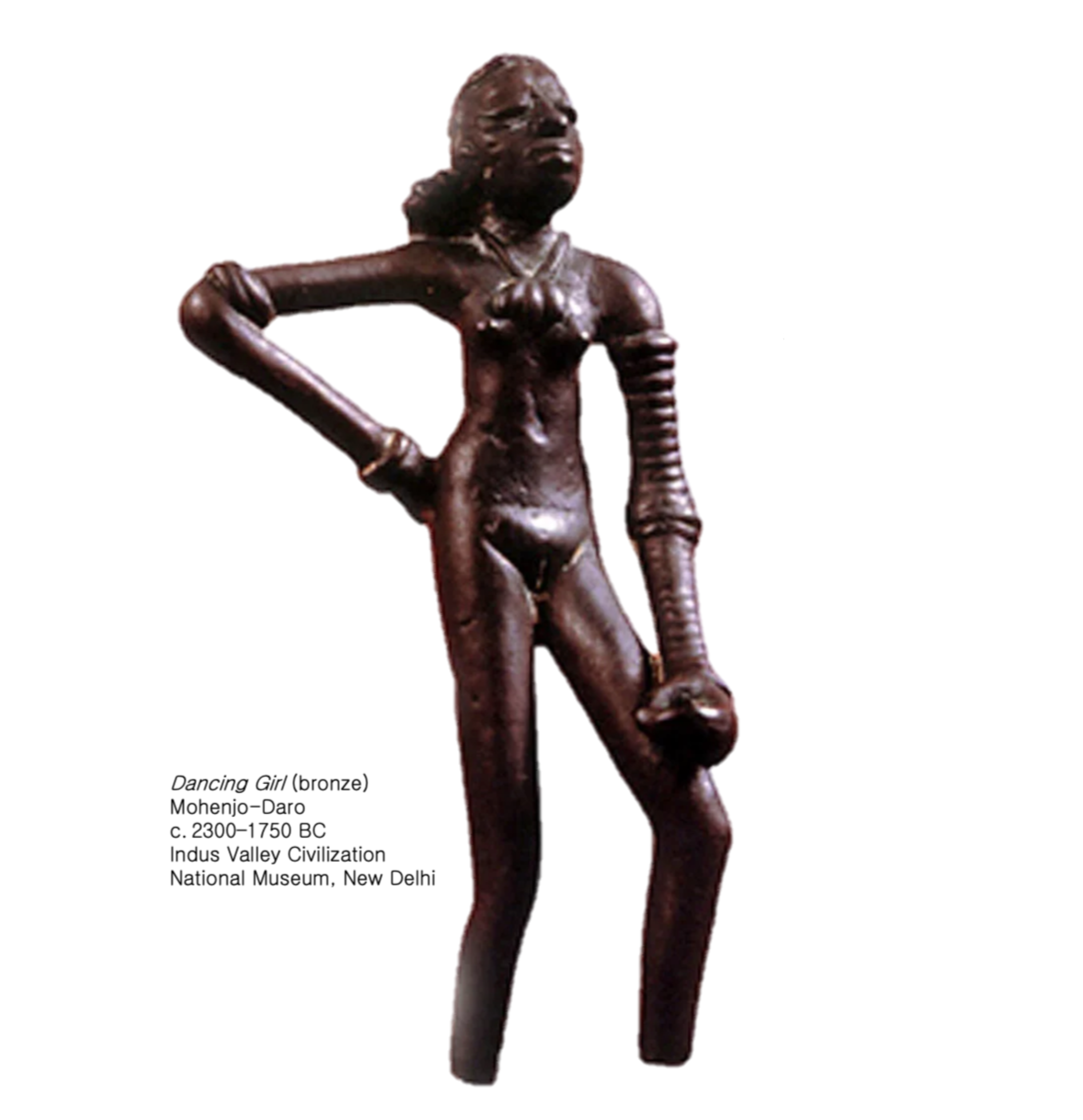
Artisans hail from the nomadic Dokra Damar Tribe that can be traced back to the Indus Valley Civilization.Dokra knowledge has been passed down through generations - there was no formal education or school where they learnt dokra art. These artisans are now scattered through the states of West Bengal, Orissa, Chhattisgarh and Jharkhand in India.

enarai supports the enarai foundation
This 4500-year-old craft has been passed down over generations without any formal education. The enarai foundation strives to document, highlight, preserve and incentivize the communities that create these craft forms by including them in the evolution of creative and sustainable craft preservation.

